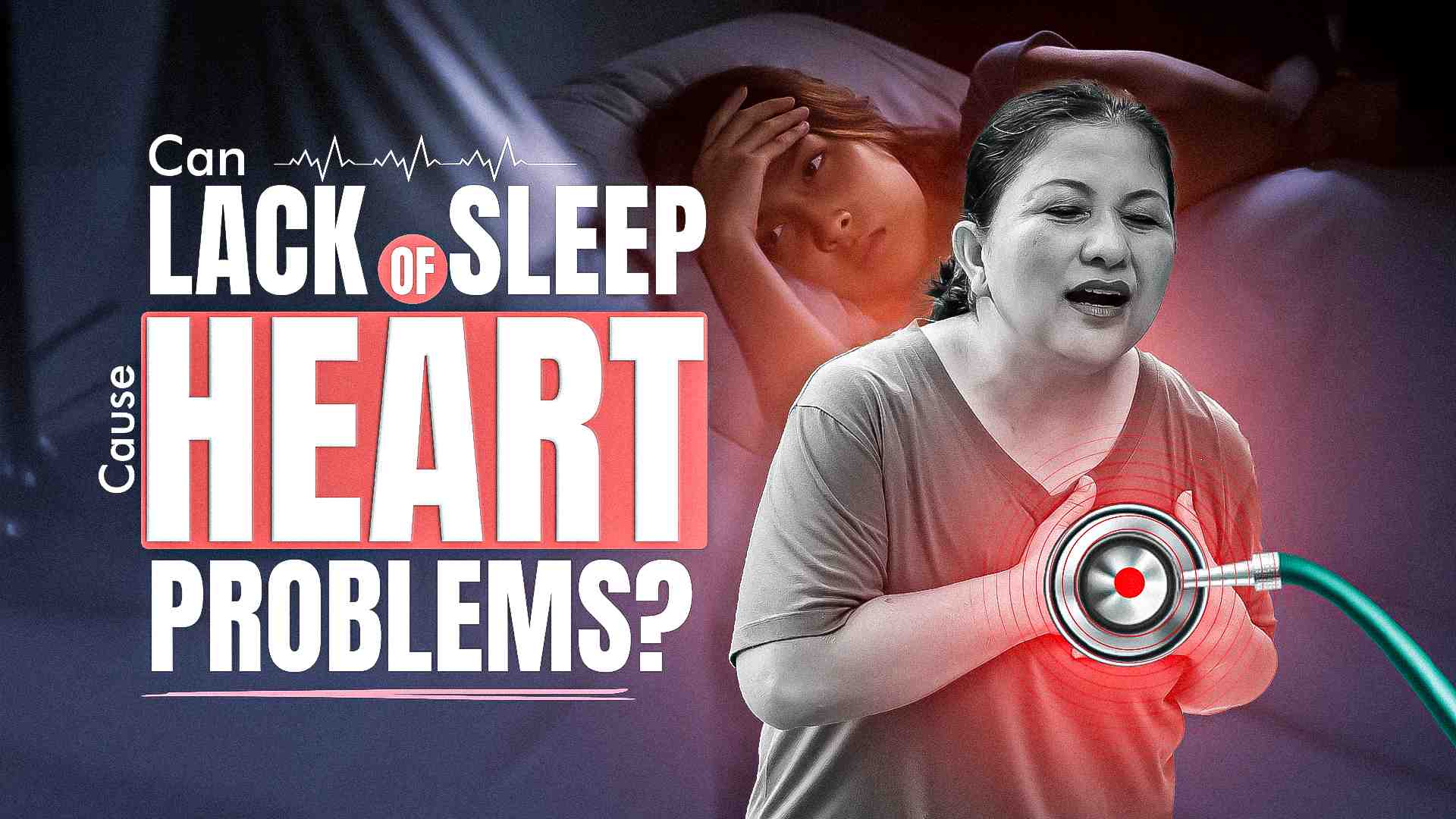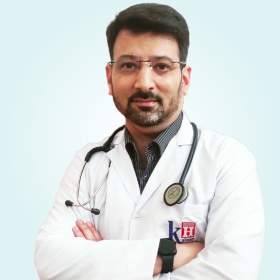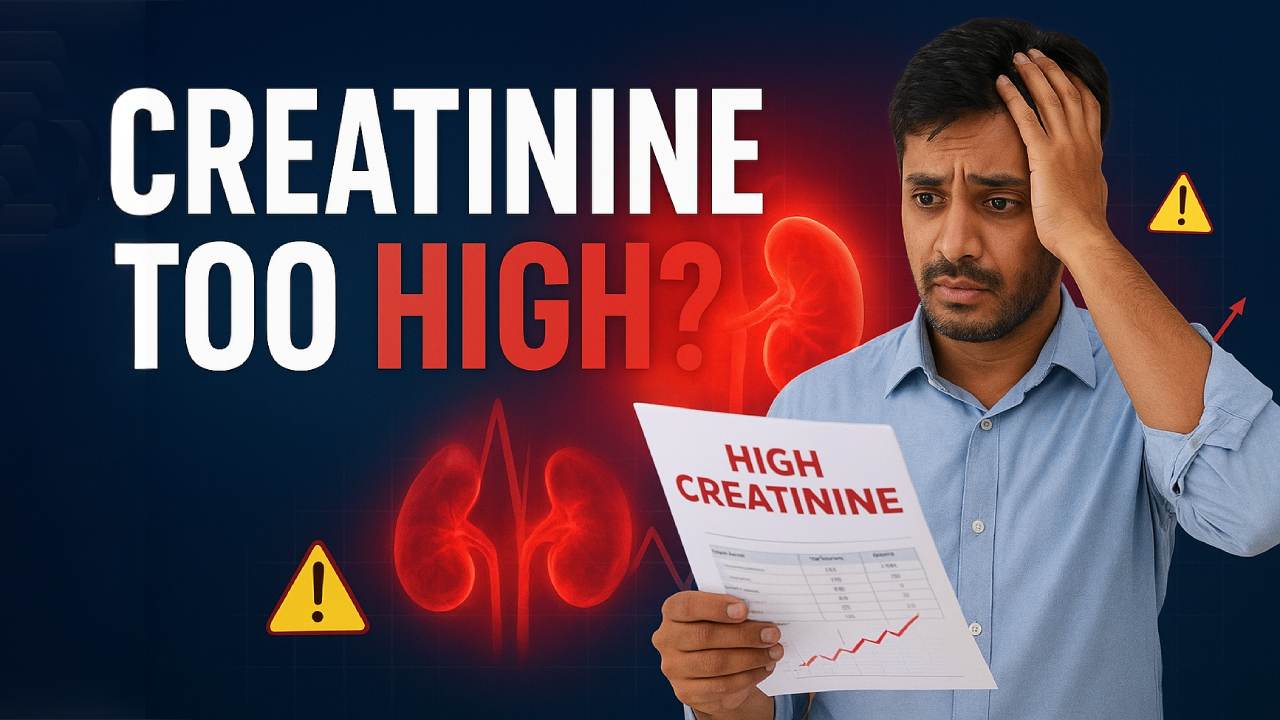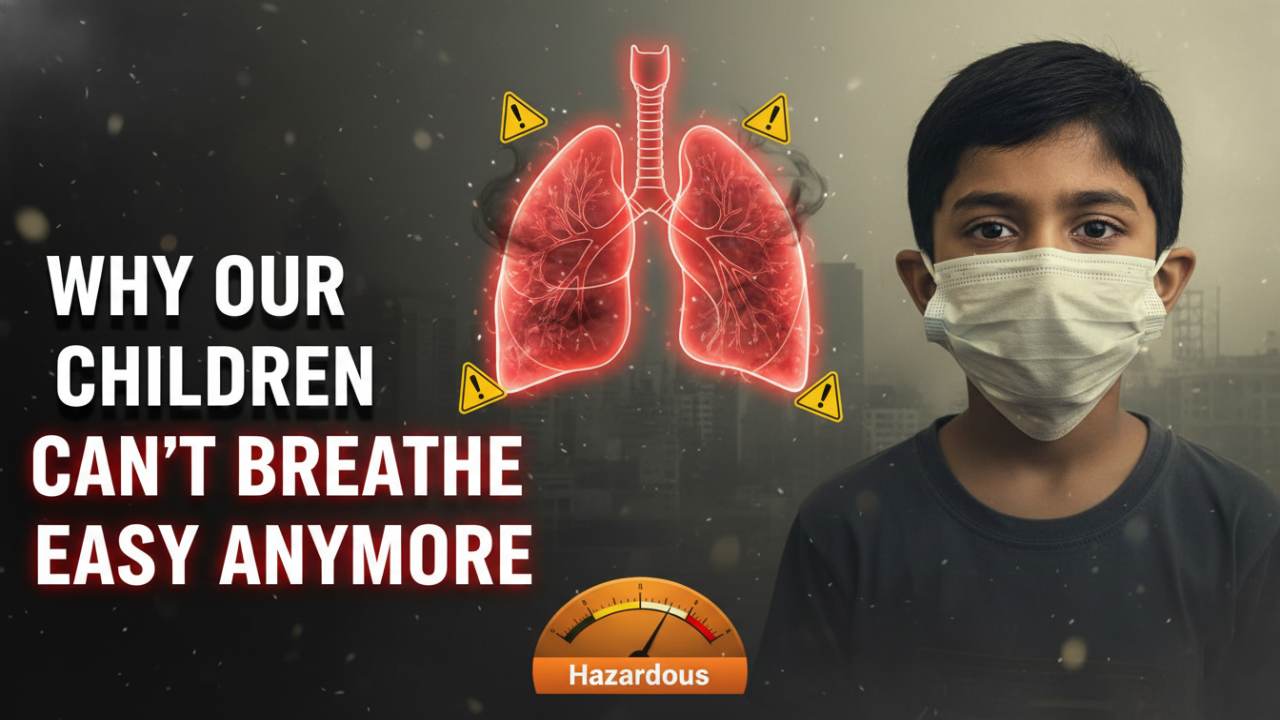Can Lack of Sleep Cause Heart Problems? Understanding the Critical Link
Verified By Dr. Irfan Yaqoob Bhat | 09-Jan-2025
Sleep is a fundamental pillar of health, but in today’s fast-paced world, it is often the first casualty of our busy schedules. The question arises: can lack of sleep cause heart problems? The answer is a resounding yes. Sleep deprivation has far-reaching consequences on cardiovascular health, leading to issues such as heart palpitations, chest pain, and even long-term heart conditions.
Dr. Irfan Yaqoob Bhat, Senior Consultant & Head of the Department of Cardiology at Kailash Hospital, Dehradun, emphasizes, “Sleep is not just about rest; it’s a time for the body to repair and regenerate. Chronic sleep deprivation can significantly impact the heart, increasing the risk of severe cardiac issues.”
Table of Content
Sleep is vital for the heart to function optimally. During sleep, blood pressure drops, the heart rate slows, and the cardiovascular system gets a much-needed break. This nightly repair cycle ensures that the heart remains healthy and resilient. However, insufficient sleep disrupts this process, leading to chronic strain on the heart.
1. Increased Blood Pressure
Sleep helps regulate blood pressure. Without adequate rest, blood pressure remains elevated for extended periods, which strains the heart and arteries. Over time, this can contribute to hypertension, which is a significant risk factor for heart disease.
2. Inflammation
Sleep deprivation triggers the release of stress hormones like cortisol, which can lead to inflammation. Chronic inflammation plays a significant role in the accumulation of plaque in the arteries, which raises the likelihood of heart attacks and strokes.
3. Heart Palpitations
Dr. Bhat explains, “Can sleep deprivation cause heart palpitations? Absolutely. A lack of sleep disrupts the autonomic nervous system, causing irregular heart rhythms and palpitations.” These symptoms can be unsettling and may indicate underlying heart issues if they persist.
4. Chest Pain
Can less sleep cause chest pain? The answer lies in how sleep deprivation impacts blood flow and oxygen delivery. Reduced sleep can lead to angina-like symptoms due to the heart working harder to compensate for systemic imbalances.
Also read: Understanding Heart Failure Symptoms in Women: What to Watch Out For
One of the most significant sleep disorders linked to heart health is obstructive sleep apnea (OSA). OSA leads to repeated pauses in breathing while sleeping, which results in intermittent drops in oxygen levels. Over time, this condition can wreak havoc on cardiovascular health.
Heart Problems from Sleep Apnea
- Hypertension: OSA frequently causes high blood pressure, which is harder to control compared to non-apnea hypertension.
- Arrhythmias: Sleep apnea can lead to irregular heartbeats, increasing the risk of atrial fibrillation.
- Heart Failure: Chronic OSA is associated with a higher incidence of heart failure due to prolonged oxygen deprivation.
Dr. Bhat adds, “The relationship between sleep apnea and heart issues is well-documented. Patients with untreated OSA are at a significantly higher risk of developing serious cardiovascular complications.”
If you’re concerned about how poor sleep might affect your heart, here are some warning signs to monitor:
- Persistent Fatigue: Feeling excessively tired even after a full night’s sleep.
- Shortness of Breath: Difficulty breathing, especially during the night.
- Irregular Heartbeats: Palpitations or fluttering sensations in the chest.
- Morning Headaches: A common symptom of sleep apnea due to oxygen deprivation.
- Chest Discomfort: Persistent chest pain, especially after physical exertion.
Dr. Bhat emphasizes the importance of addressing sleep issues to safeguard cardiovascular health: “Small lifestyle changes can make a big difference. Prioritizing sleep hygiene and seeking medical advice for conditions like sleep apnea can prevent long-term heart problems.”
1. Maintain a Regular Sleep Schedule
Go to bed and wake up at the same time every day, even on weekends. Consistency helps regulate your internal clock.
2. Create a Sleep-Friendly Environment
- Dark and Quiet: Use blackout curtains and minimize noise.
- Comfortable Bed: Invest in a supportive mattress and pillows.
- Limit Screen Time: Steer clear of electronic devices for at least an hour before you go to bed.
3. Manage Stress
Chronic stress disrupts sleep and contributes to heart problems. Practice relaxation techniques such as yoga, meditation, or deep breathing to promote better sleep and heart health.
4. Avoid Stimulants
Reduce your consumption of caffeine and nicotine, particularly in the evening. These substances can disrupt your ability to both fall asleep and maintain restful sleep.
5. Seek Medical Help for Sleep Disorders
If you suspect sleep apnea or another sleep disorder, consult a healthcare professional. Dr. Bhat advises, “Treating sleep apnea with CPAP machines or other therapies can significantly reduce cardiovascular risks.”
Also read: Understanding Chest Heaviness after Eating: Causes, Symptoms, and Solutions
Kailash Hospital, Dehradun, is renowned for its advanced cardiac care services. With state-of-the-art facilities and a dedicated team led by experts like Dr. Irfan Yaqoob Bhat, the hospital offers comprehensive treatment for heart-related conditions. From sleep studies to advanced cardiac interventions, Kailash Hospital ensures that patients receive world-class care.
Sleep deprivation is more than just an inconvenience; it’s a serious health risk with significant implications for your heart. Whether it’s high blood pressure, heart palpitations, or conditions like sleep apnea, the link between sleep and heart health is undeniable. Dr. Irfan Yaqoob Bhat of Kailash Hospital, Dehradun, underscores the importance of prioritizing sleep as a cornerstone of cardiovascular wellness. “A good night’s sleep is one of the simplest yet most powerful tools for protecting your heart,” he concludes.
If you’re concerned about your sleep habits or experiencing symptoms related to sleep and heart health, schedule a consultation with the cardiology experts at Kailash Hospital, Dehradun, today.



 +91-9711918451
+91-9711918451
 international.marketing@kailashhealthcare.com
international.marketing@kailashhealthcare.com







